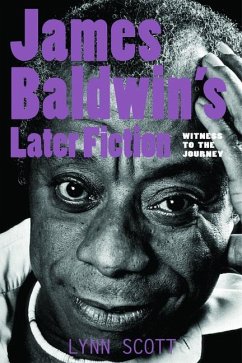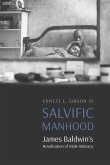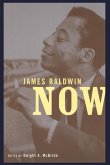James Baldwins Later Fiction examines the decline of Baldwins reputation after the middle 1960s, his reception by mainstream and academic venues, and the ways in which critics have often misrepresented and undervalued his work. Scott develops readings of Tell Me How Long the Trains Been Gone, If Beale Street Could Talk, and Just Above My Head that explore the interconnected themes in Baldwins work: the role of the family in sustaining the arts, the price of success in American society, and the struggle of black artists to change the ways that race, sex, and masculinity are represented in American culture.Scott argues that Baldwins later writing crosses the cultural divide between the 1950s and 1960s in response to the civil rights and black power movements. Baldwins earlier works, his political activism and sexual politics, and traditions of African American autobiography and fiction all play prominent roles in her analysis.








